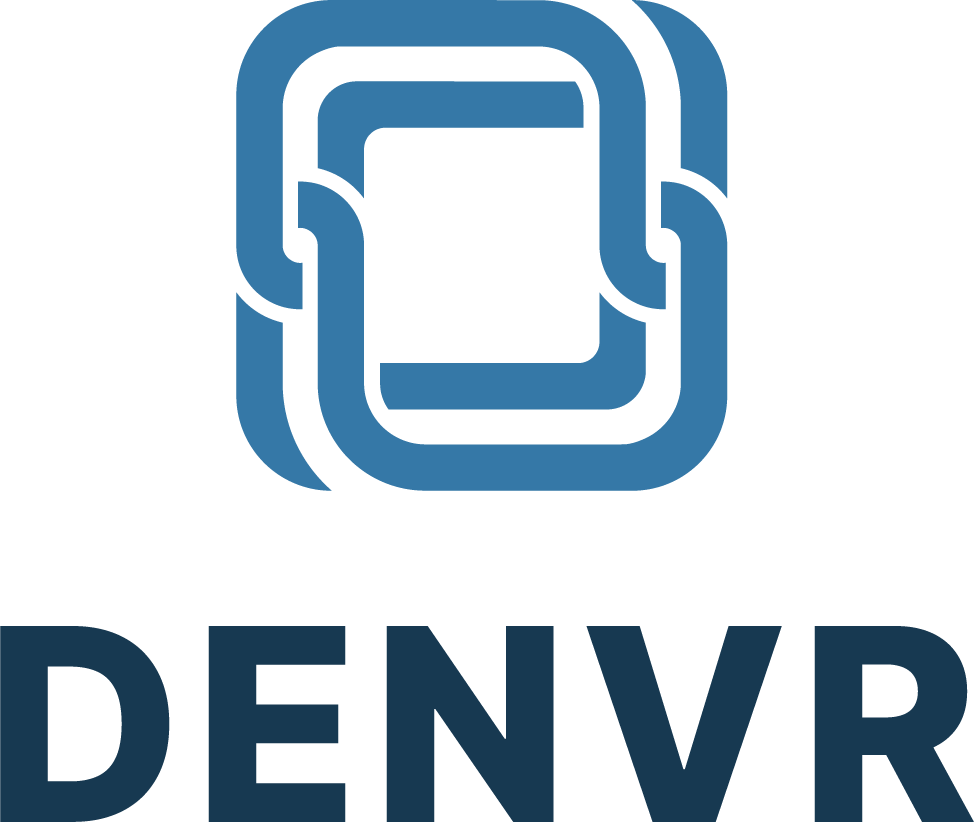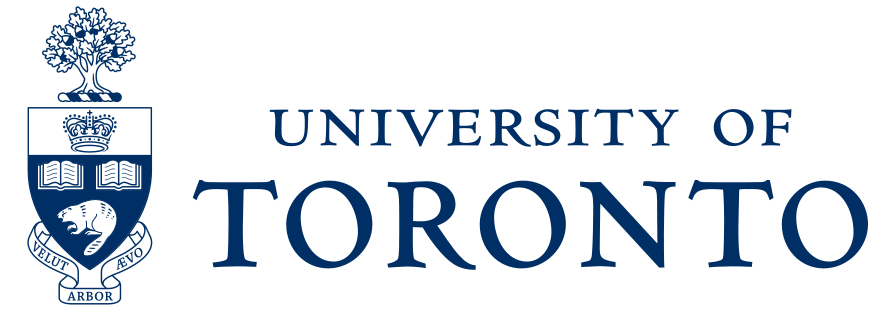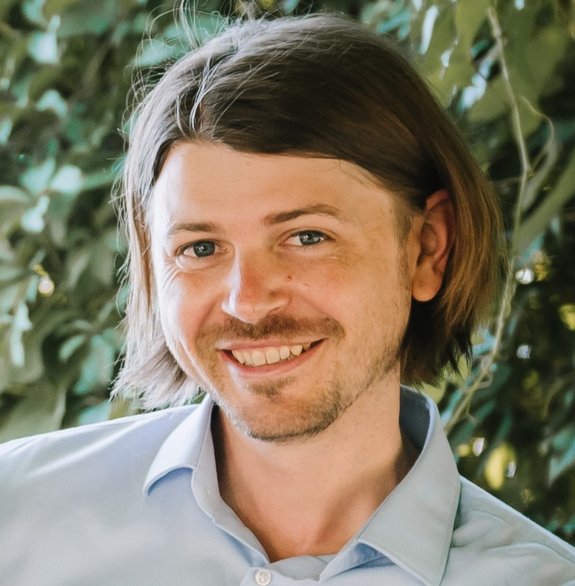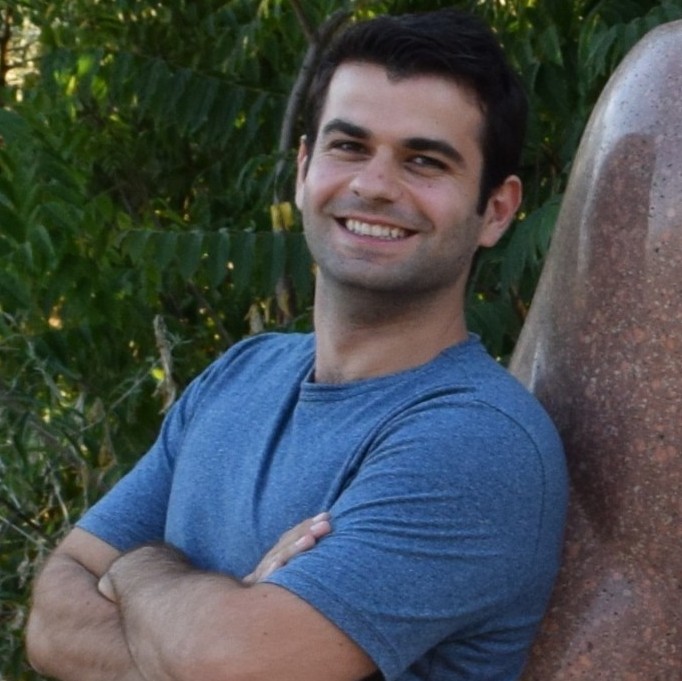About the Workshop
What are AI Foundation Models?
AI foundation models are large-scale machine learning models trained on vast amounts of data that can be adapted for a wide range of downstream tasks. In science, foundation models are increasingly being used to accelerate discovery across domains like drug design, materials science, climate modeling, and genomics by leveraging their ability to understand complex patterns and relationships in data.
What to Expect from This Workshop
This three-day hands-on workshop in Toronto will explore how AI foundation models can solve interdisciplinary scientific problems. The workshop will feature keynote and participant lectures, interactive tutorials, and a hackathon, all alongside a social program. Tutorial and hackathon topics will be tailored to participants' interests and experience – let us know in the application form! You will gain practical experience with cutting-edge AI tools and techniques while collaborating with researchers from diverse scientific backgrounds.
Why Attend This Workshop?
This workshop offers a unique opportunity to learn how foundation models can accelerate scientific discovery across disciplines. You will network with leading researchers, gain hands-on experience with state-of-the-art AI tools, and explore cross-disciplinary applications that could transform your research approach. Set in Toronto—a vibrant multicultural city and global AI research hub—you will be learning at the University of Toronto, where the modern AI revolution began. This workshop provides an ideal platform to connect with experts, share innovative ideas, and collaborate on cutting-edge solutions to scientific challenges while building lasting professional relationships that extend beyond the event.
What Do We Expect from the Participants?
We are seeking participants with diverse scientific backgrounds interested in learning and applying cross-domain AI solutions. Researchers who currently use or plan to use foundation models to unlock new insights in scientific research are particularly encouraged to apply. Proficiency in Python and a deep learning framework (PyTorch, TensorFlow, JAX) is expected, though various levels of familiarity with foundation models are welcome. Ideal candidates will possess technical programming abilities, domain-specific knowledge, and an interest in working on scientific use cases that may not directly relate to their current research.
Continue your AI for science journey with the Vector Institute!
Participants of this workshop will have the opportunity to attend Vector Institute's symposium on foundation models for science held right after this workshop on November 6, 2025. This event will dive deeper into cutting-edge research on AI foundation models and their applications in scientific research through a series of talks and poster presentations. Indicate your interest in attending this workshop in the application form, and we will reach out with more details.
Workshop Schedule
Note: The times mentioned are in Toronto local time (Eastern Standard Time)
Keynote Speakers
Breakfast & Registration
Opening Remarks & Logistics
Keynote 1: "Foundation Models for Genome Biology and Drug Discovery" by Albi Celaj
Morning Break
Tutorial 1: Introduction to Foundation Models and the Hackathon Compute Platform
Lunch
Tutorial 2: Using Foundation Models for Your Specific Tasks
Afternoon Break
Tutorial 3: Uncertainty Quantification for Foundation Models
Breakfast
Keynote 2: "Foundation Models for Atomistic Systems" by Chris Sutton
Morning Break
Tutorial 4: Interpreting What a Foundation Model Has Learnt
Lunch
Hackathon Kickoff and Project Conceptualization
Afternoon Break
Hackathon Continues: First Push to GitHub
Breakfast
Participant Talks
- Automated Pipelines for Quantifying Memory Recall — Ryan Yeung
- Foundation Models for the Electric Power Grid — Zhirui Liang
- Foundation Models in Liver Transplantation: Potential and Challenges — Soumita Ghosh
- Need of Foundation Models for Agriculture Practice — Taniya Kapoor
Morning Break
Hackathon: Check-In with Tutors
Lunch
Hackathon Wrap-Up: Push Final Code to GitHub
Afternoon Break
Hackathon: Make 1-Slide Summary
Hackathon Summary Presentations
Hackathon Prize Distribution
Closing Remarks by Lisa Strug
Logistics
Conference Location
The conference will be held at the second floor of the Schwartz Reisman Innovation Campus (SRIC) in Toronto, Canada.
Accommodation
Accommodation will be provided to all Schmidt Fellows at the Chelsea Hotel in downtown Toronto from November 2 to 6, 2025. Accommodation may be provided to other attendees depending on availability but is not guaranteed. The organizers will reach out about accommodation arrangements after the selected participants confirm their attendance.
For participants whose accommodation is being covered and who are also planning to attend the Foundation Models for Science workshop at the Vector Institute, there will be an option to extend your stay at a discounted rate, but at the participants' own expense. Please contact the organizers for more information about extended stay arrangements once the selection results are announced by the Vector Institute.
Travel to Toronto
Participants are responsible for arranging and funding their own travel to and from Toronto.
International Travel: Participants traveling from outside of Canada may need a valid passport and either a visa or an Electronic Travel Authorization (eTA) depending on their citizenship. Please consult Immigration, Refugees and Citizenship Canada (IRCC) for travel requirements and take appropriate steps. The organizers can provide an invitation letter for visa purposes. Please reach out if a letter is needed.
Air Travel: Toronto is served by the Pearson International Airport (YYZ) and the Billy Bishop Toronto City Airport (YTZ). Pearson offers extensive international connections, while Billy Bishop serves domestic and select US destinations.
Ground Transportation: Toronto is well-connected by highway, with major routes including the 401, 400, and QEW. VIA Rail provides train service from major Canadian cities, with Union Station as the central hub. Greyhound and other bus companies offer intercity service.
Public Transit: The Toronto Transit Commission (TTC) operates an extensive network of subways, buses, and streetcars throughout the city. The UP Express provides direct rail service between Pearson Airport and Union Station in downtown Toronto. A free ferry shuttle connects the Billy Bishop Airport to the mainland. Taxis and ride-hailing services such as Uber and Lyft are also widely available.
Organizers
Contact Information
For all conference-related questions and communications, please contact us at: contact@ai-for-science.org.
Local Organizers

Ashley Dale
Schmidt AI in Science Postdoctoral Fellow
Department of Materials Science and Engineering
University of Toronto
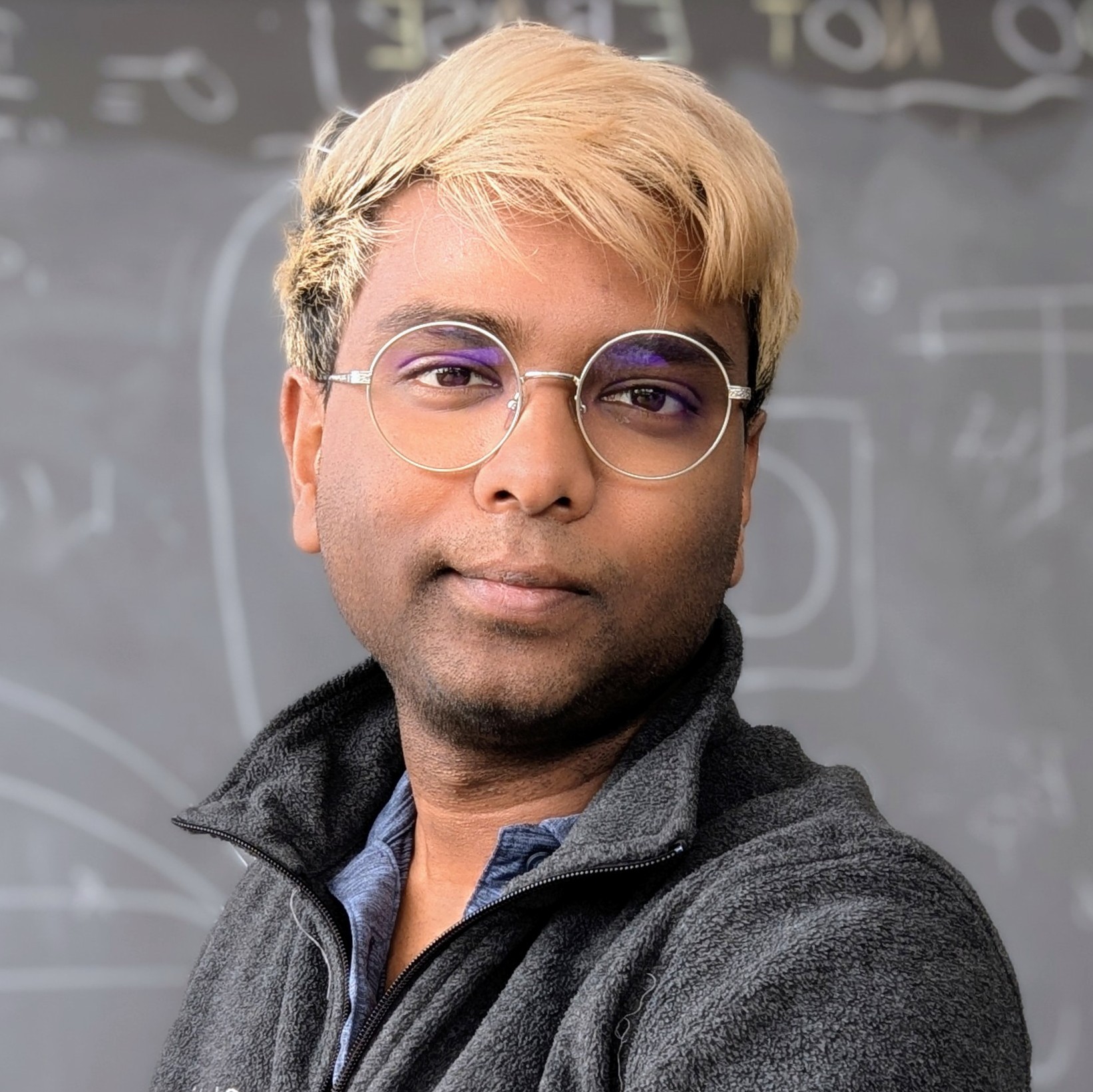
Biprateep Dey
Schmidt AI in Science Postdoctoral Fellow
Department of Statistical Sciences
University of Toronto

David Pellow
Schmidt AI in Science Postdoctoral Fellow
Department of Computer Science
University of Toronto

Ishrath Mohamed Irshadeen
Schmidt AI in Science Postdoctoral Fellow
Department of Chemistry
University of Toronto

Amanda Mohabeer
Schmidt Sciences Postdoctoral Program Manager
Faculty of Arts and Sciences
University of Toronto
Scientific Advisors
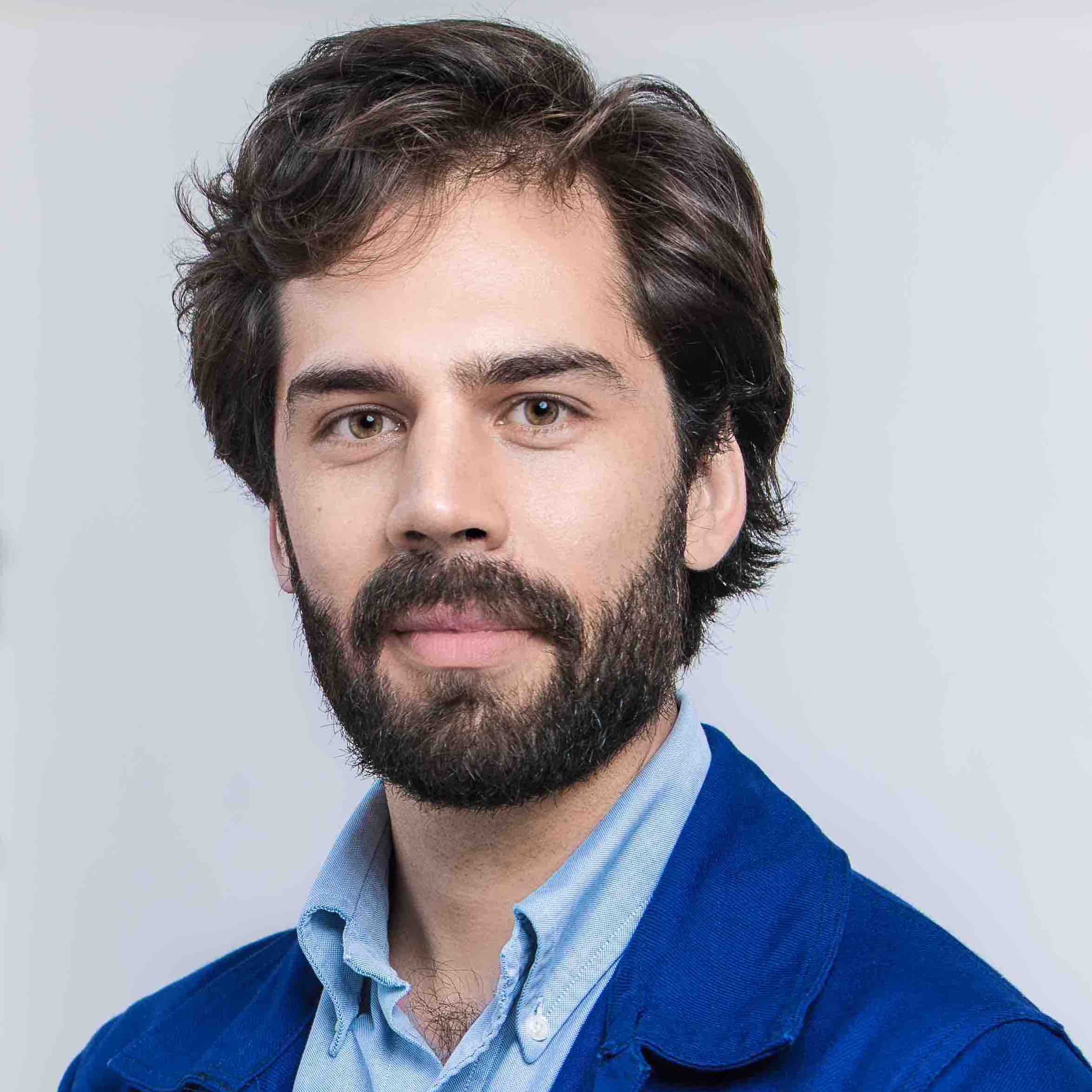
Chris J. Maddison
Assistant Professor & CIFAR AI Chair
Department of Computer Science & Department of Statistical Sciences
University of Toronto
Vector Institute

Rahul G. Krishnan
Assistant Professor & CIFAR AI Chair
Department of Computer Science & Department of Laboratory Medicine and Pathobiology
University of Toronto
Vector Institute
Acknowledgments
This workshop is sponsored by Schmidt Sciences in partnership with the University of Toronto.
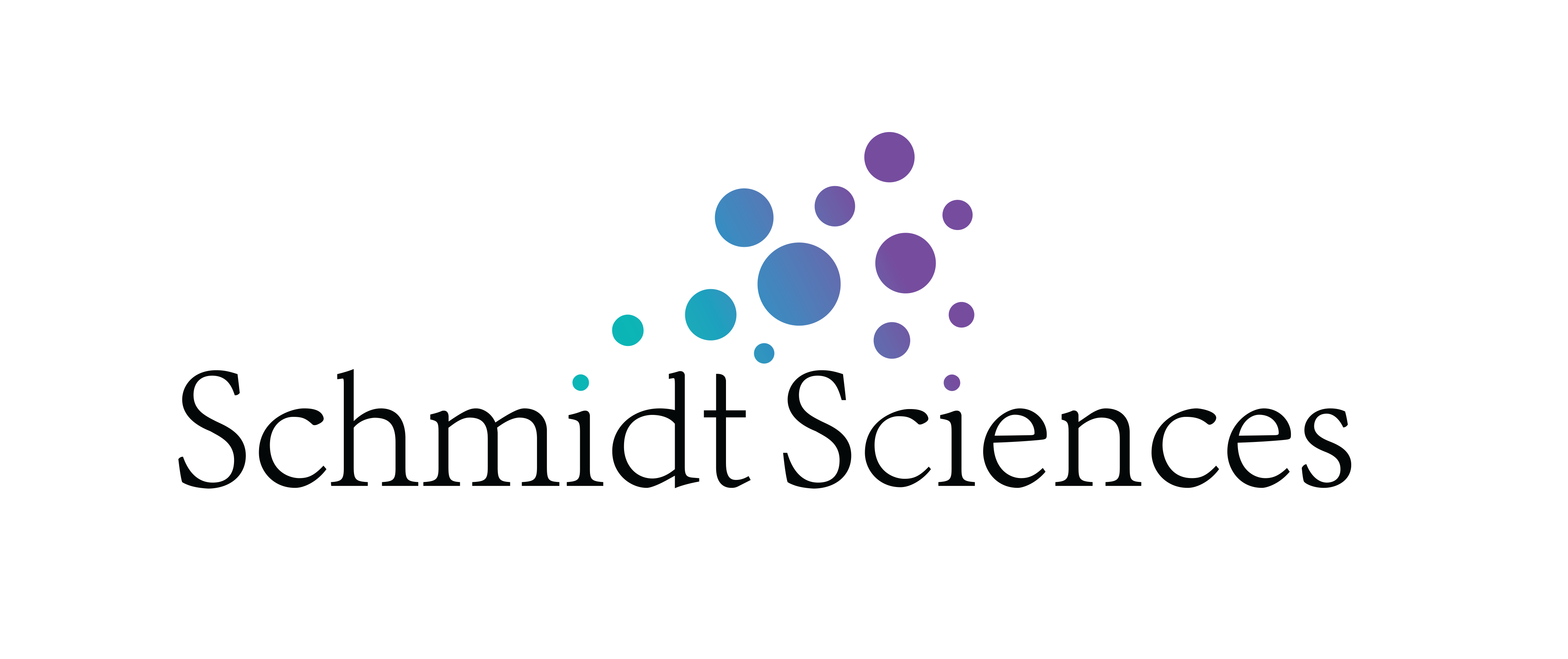
We acknowledge the support of Denvr Dataworks for providing cloud computing services for this workshop.
